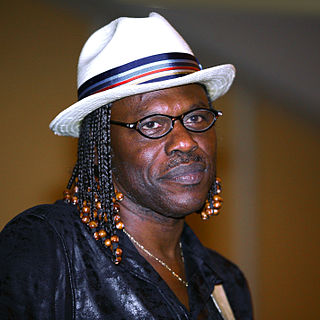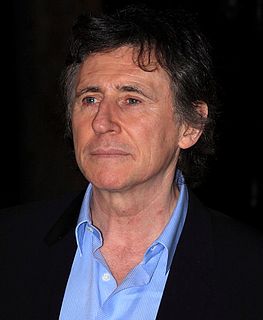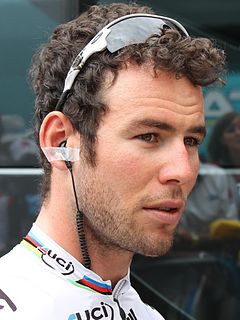A Quote by Stephen Hough
I remember, in school during English lessons, I would ask the teacher what were the most difficult books to read, and when she'd say 'Ulysses' or something, I'd run off to the library to check out a copy, eager to attempt the most difficult mountain.
Related Quotes
[D]on't ever apologize to an author for buying something in paperback, or taking it out from a library (that's what they're there for. Use your library). Don't apologize to this author for buying books second hand, or getting them from bookcrossing or borrowing a friend's copy. What's important to me is that people read the books and enjoy them, and that, at some point in there, the book was bought by someone. And that people who like things, tell other people. The most important thing is that people read.
I remember one letter from a girl in a midwestern town who read one of my books and thought she had discovered it- that no one had ever read it or knew about it. Then one day in her local library she found cards for one or two of my other books. They were full of names- the books were borrowed all the time. She resented this a bit and then walked around the town looking in everybody's face and wondering if they were the ones who were reading my books. That is someone I write for.
At the school where I went you were able to check out instruments like you check out a library book, if your parents signed for you and vouched for you. Then after you had it for a little while you could decide if you were interested in taking lessons or you could also get your own gear. Or you could turn that instrument in for another one and try something else. So that's how I got my hands on the guitar.
Do you like manga?" she asked after a minute. "Anime?" "Anime's cool. I'm not really into it, but 1 like Japanese movies, animated or not." "Well, I'm into it. I watch the shows, read the books, chat on the boards, and all that. But this girl I know, she's completely into it. She spends most of her allowance on the books and DVDs. She can recite dialogue from them." She caught my gaze. "So would you say she belongs here?" "No. Most kids are that way about something, right? With me, it's movies. Like knowing who directed a sci-fi movie made before I was born.
The current publishing scene is extremely good for the big, popular books. They sell them brilliantly, market them and all that. It is not good for the little books. And really valuable books have been allowed to go out of print. In the old days, the publishers knew that these difficult books, the books that appeal only to a minority, were very productive in the long run. Because they're probably the books that will be read in the next generation.
I remember one English teacher in the eighth grade, Florence Schrack, whose husband also taught at the high school. I thought what she said made sense, and she parsed sentences on the blackboard and gave me, I'd like to think, some sense of English grammar and that there is a grammar, that those commas serve a purpose and that a sentence has a logic, that you can break it down. I've tried not to forget those lessons, and to treat the English language with respect as a kind of intricate tool.
If we are always reading aloud something that is more difficult than children can read themselves then when they come to that book later, or books like that, they will be able to read them - which is why even a fifth grade teacher, even a tenth grade teacher, should still be reading to children aloud. There is always something that is too intractable for kids to read on their own.









































